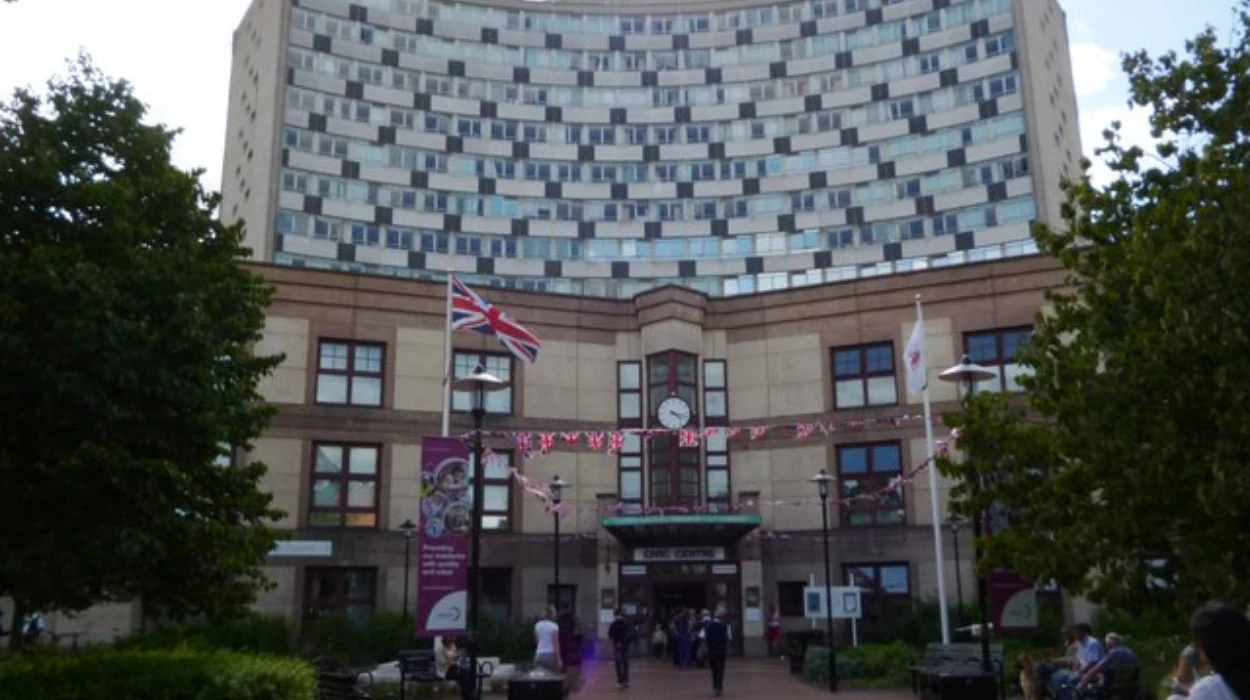Merton (Parliament Politics Magazine) – Merton Council seizes 18 rental homes after a landlord repeatedly failed to license them, ensuring safer living conditions for residents.
In August 2024, the council temporarily took over the properties using its extraordinary powers. Tenants’ complaints regarding unfinished repairs and property management led to the issuance of the one-year “Interim Management Order.”
Under the council’s Selective Licensing Scheme, the landlord received multiple notices from council staff, but for months, the landlord disregarded the directives.
The properties were subsequently inspected by council officers.
The council has now issued a Final Management Order to take control of the rental properties for a maximum of five years because there is still no realistic chance that they will be licensed anytime soon.
The rental income from tenants will be used by Merton Council to make sure that the properties are managed to the level that we demand of our tenants.
The mortgages must still be paid by the owner.
Councillor Andrew Judge, Cabinet Member for Housing and Sustainable Development, said:
“This sends a clear message to rogue landlords: we’re committed to raising the standard of living for everyone, and we will clamp down on landlords who are not meeting their legal obligations to their tenants.
Everyone deserves to live in decent housing, and we know there are many good landlords in Merton, but a handful are flouting their responsibilities to provide safe and suitable homes for tenants, particularly those in vulnerable situations.”
How will tenants’ rent be used while the council manages the homes?
Rent paid by tenants is spent on the replacement of essential repairs to properties, as well as the maintenance of properties, and improvements to make sure homes are legally compliant and safe and decent.
The council spends the rent on management of the properties, particularly the time staff spend with tenancy issues, collecting rent, and landlord obligations.
Any surplus rent collected above this cost will go back into supporting the council’s housing services or in reserves to help assist in further improvements to tenants and the housing stock.
The council is the landlord for this period of time, therefore rent that is collected is spent to support tenants’ rights and also ensure stable, well-managed accommodation.


